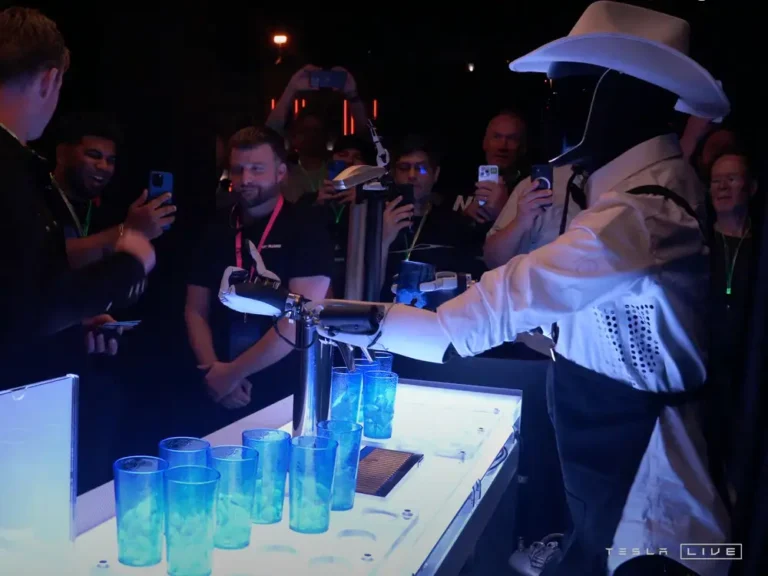App stores are set to verify ages under a new Utah law — and Meta, Snap, and X are thrilled

A Utah law puts the onus on Google’s and Apple’s app stores to verify user ages.
Utah just became the first state to pass a law that makes app stores — rather than individual apps — responsible for verifying user ages.
Google and Apple, the tech giants behind the two main app stores, have opposed the bill. But Meta, Snap, and X have praised the law, which Utah Gov. Spencer Cox signed on Wednesday.
The App Store Accountability Act, also known as S.B. 142, is set to take effect on May 7 — but is expected to face legal challenges.
It requires Apple and Google to confirm the age of anyone who creates an account in Utah.
If that person is under 18, the account must be linked to a parent or verified with extra documentation. Parents must also approve in-app purchases.
The law represents a major shift in how states regulate child safety online. Instead of directly targeting social media companies, lawmakers in Utah have focused on the gatekeepers: app stores.
Supporters say the law gives parents more centralized control over what their kids can download, a change that major social media companies have been pushing for. Meta, Snap, and X — three companies under growing pressure to protect teens online — welcomed the law in a joint statement on Wednesday.
“Parents want a one-stop-shop to oversee and approve the many apps their teens want to download, and Utah has led the way in centralizing it within a device’s app store,” they said. “This approach spares users from repeatedly submitting personal information to countless individual apps and online services.”
The verification bill is the latest in a long-running turf war between Meta and Apple over data practices, platform control, and even smart glasses.
Meta has pushed for app stores to take the lead on age restrictions, while Apple says it raises privacy concerns.
Apple wrote in a paper last month that it doesn’t want to collect sensitive user data for privacy reasons and that “the right place to address the dangers of age-restricted content online is the limited set of websites and apps that host that kind of content.”
Google also opposed the bill, warning in a March 12 blog post that it could create unintended risks.
“These proposals introduce new risks to the privacy of minors without actually addressing the harms that are inspiring lawmakers to act,” wrote Kareem Ghanem, the company’s director of public policy.
Digital rights groups have raised concerns about how the data used for age verification will be stored and protected.
But the Utah bill could open the door for similar efforts across the country.
Lawmakers in a dozen other states, including California and South Carolina, are weighing similar proposals.
Apple and Google did not immediately respond to a B-17 request for comment.






